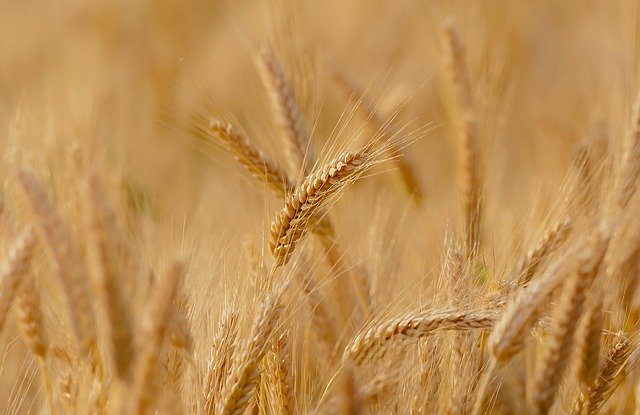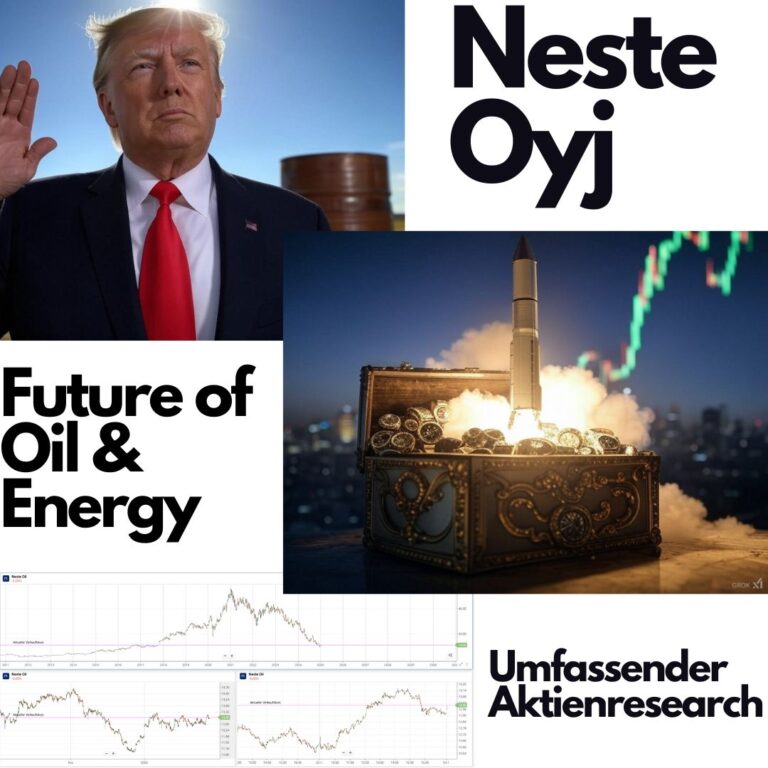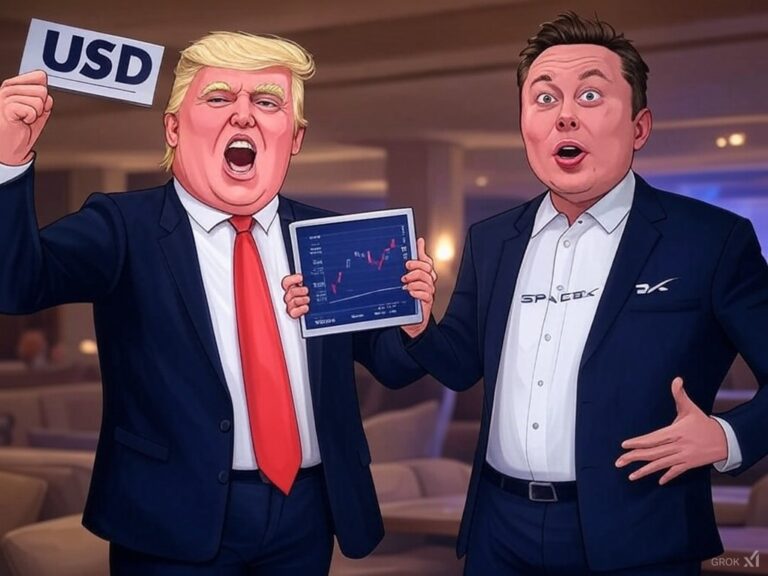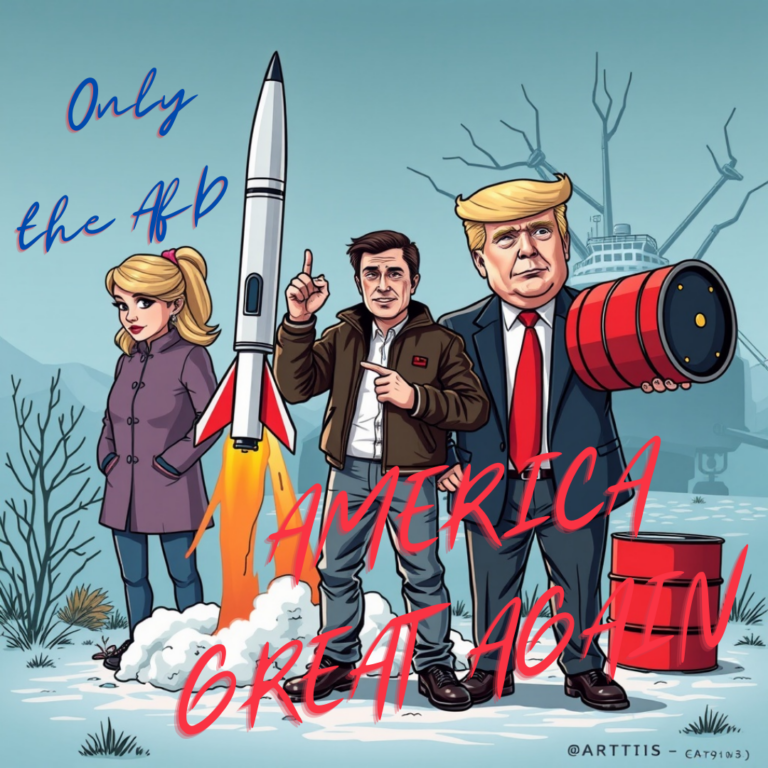Wheat has been one of the world’s most important food crops for many centuries. Its rapid growth and ability to thrive in a wide variety of conditions continues to make wheat one of the most important agricultural commodities today.
One of the most important agricultural raw materials
Due to its high protein content and high nutritional value, wheat is one of the most widely consumed cereals worldwide and is considered a staple food. Global wheat production has risen steadily in recent years.
The main reason for this is the rapidly growing population in the emerging markets. The simultaneous increase in global meat consumption is further boosting demand for wheat as animal feed.
Unlike many other commodities, there is no dominant producer in wheat production. For example, while Côte d’Ivoire dominates the cocoa market as the main producer, wheat is produced in numerous countries.
Although the largest producers are China and India, France, Canada and the USA also produce huge quantities of wheat.
Why it pays to invest in wheat
Wheat is traded with options and with futures contracts on the CBOT (Chicago Board of Trade) and the ICE (Intercontinental Exchange) in Atlanta.
Wheat has some beneficial properties, which also makes it interesting for investors. Thus, demand for wheat is very likely to increase significantly in the future. Experts believe that global population growth is not the only factor that will guarantee rising demand in the future.
Wheat could also become increasingly important, especially in developing countries, and provide major competition for rice, the current leader in these countries.
Of particular interest to investors could also be a possible increase in the price of wheat due to supply bottlenecks that could arise in the future as a result of the increasing production of biofuels.
Wheat – a soft raw material
Agricultural commodities that are cultivated rather than produced or extracted are referred to as „soft commodities.“ Thus, the wheat also belongs to the soft raw materials.
Among investors, investment in soft commodities is gaining more and more interest. Soft commodities like wheat can be used to diversify the portfolio from stocks and bonds and minimize the risk of political and economic turmoil.
How private investors can invest in wheat
Retail investors can invest in wheat CFDs or in shares of companies involved in the wheat market.
CFDs are the easiest and most popular way for private investors to participate in commodity trading. A CFD is a financial contract between broker and investor. Private investors do not physically own the commodity, but only buy the underlying contract.
Stocks of companies involved in the wheat industry offer another option. These include companies involved in wheat production as well as companies that trade in wheat.







